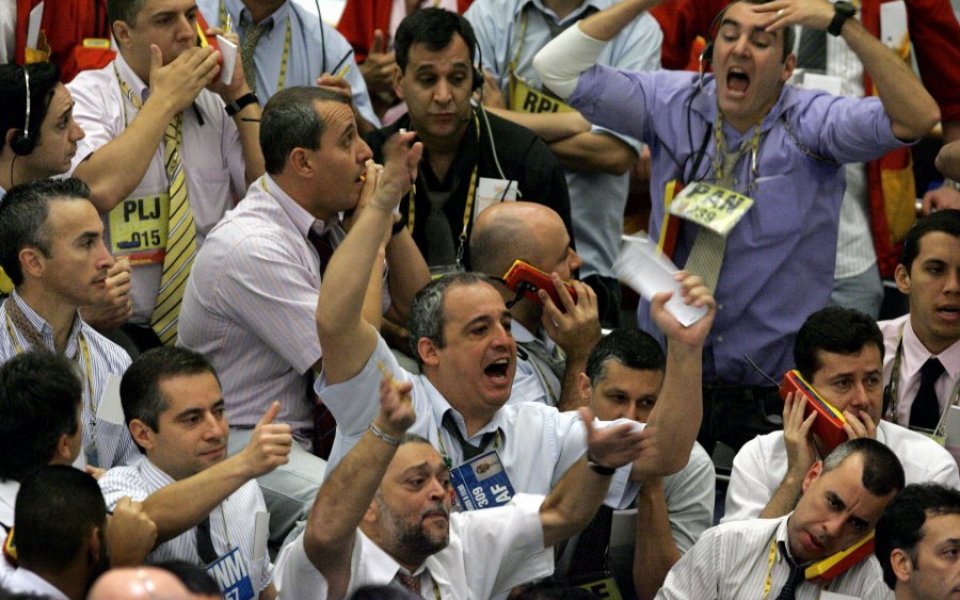Don’t panic yet on stock market swings, say economists

The sharp falls in global stock markets since the beginning of the year are unlikely to usher in a new period of economic turmoil, economists have said.
London’s FTSE 100 has lost 3.6 per cent this year while the Vix, known as an investors’ fear index, hit 27 at the end of last week, the highest since the summer. Most of the panic has centred on China, where shares have lost 8.5 per cent of their value since the start of the year.
“The stock market is fixated on China, as the deep convictions of the China bulls are progressively and painfully eviscerated,” said Charles Dumas, chairman of Lombard Street Research, an economics consultancy.
“But their inability until recently to see the flaws in China’s post-crisis recovery is fomenting a new delusion: that China’s slowdown, and stock-market angst, will necessarily pull down the rest of the world’s economies and stock markets. In other words, the obsession with China has taken on a new form rather than faded, as it should have done: China is clearly important, but it is not all-important.”
Read more: Osborne warns on dangerous threats to UK econo
China’s slowdown will even provide a boost to households elsewhere in the world.
“China’s slowdown, combined with a global oil glut, has brought about a major transfer of income to consumers, notably in North America and Western Europe,” Dumas said. It is also notable that many indicators of the Chinese economy, such as business surveys, point to the economy stabilising after the summer after a sharp slowdown early last year.
Dumas is not alone in the pointing out the lack of correlation between stock market movements and more general economic health.
“The disconnect between macroeconomic developments and financial markets continues,” said David Owen, chief European economist at Jefferies, an investment bank.
“Data flow paints a convincing story of US and European recovery”
"With all the latest focus on China it should not be forgotten that EM trade has been very weak for a long period of time. This is not something that has only suddenly crept up on us."
Read more: Chinese fireworks send panic through global stock market
Even the Eurozone, with has been battling against economic recession and stagnation since 2008, has managed to sustain an economic recovery over the past 12 months. A recent economic confidence index published by the European Commission, which closely tracks GDP growth, rose to its highest since 2011 in December.
"Judging from past historical correlations, the increase in the EC index translates into fourth-quarter GDP growth of about an annualised two per cent, up from 1.6 per cent in the third quarter," said Jean-Michel Six, Standard & Poor’s chief economist for Europe, the Middle East, and Africa.
"Equally positive, the improvement seems broad, crossing sectors."
Six also pointed to increased lending to the private sector and falling unemployment in the currency-bloc.
“These indicators confirm that the Eurozone's upswing, although not spectacular, remains on track, thanks to resilient consumer demand and intra-European exports. Ultra-low interest rates and slashed energy costs go a long way in explaining this resilience,” he said.